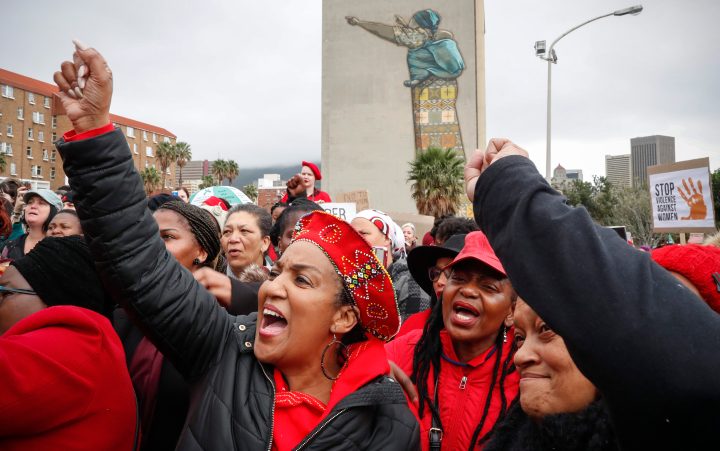Op-Ed
Police crime statistics: do they reflect the real reporting behaviour of victims?

On Tuesday the South African Police Service will brief the Parliamentary Portfolio Committee on Police, an event eagerly awaited each year by local NGOs and political commentators. Is crime on the rise? What about specific crimes like rape and sexual assault?
Given that the Department of Justice recently established a specialised sexual offences court in Mitchells Plain you would imagine that the community’s police station would have seen an increase in the number of rape cases reported there.
In fact, the Mitchells Plain police station has seen an extraordinary reduction in the number of reported sexual offences over a number of years, from 542 a year in 2005 to 192 in 2017. Many other police stations in the Cape report rapidly declining statistics on sexual offences. Khayelitsha police station reported 269 sexual offences cases in 2006, and now report 156 in 2017.
What’s going on? Can it be that despite the claims by #TheTotalShutdown, that gender-based violence is largely under control, or certainly declining in prevalence? Intuitively, no. But, while intuition is a poor basis for determining or questioning government policy, does the data on the reporting of sexual offences tell us anything about how effective these policies might be?
Crime statistics do not measure crime; they measure the reporting behaviour of the victims of crime since at the reporting stage these cases are not yet proven. Many people report a crime not because they feel that this will result in the apprehension of a criminal but because they need access to things like health services or the activation of insurance claims. The more serious crimes that get reported tend to be murder, where the body is inconveniently in the way of ignoring the problem.
As for sexual offences such as rape, these are probably the hardest of all crimes to report. Victims are often too traumatised to speak out, there is no dead body and no crime scene with bullet holes, so if they don’t come forward no one will ever know.
The rate of reporting of sexual offences over a decade ago was famously one in nine. The One in Nine Campaign was established in order to draw attention to this fact and to stand in solidarity with those who do choose to come forward and speak out. That rate has since deteriorated and is now 1 in 13. Why is that? NGOs spend a lot of time and energy encouraging survivors to come forward and supporting them when they do. Members of the South African Police Service are under standing orders not to refuse to accept such a charge.
The real question is, are South Africa’s reported sexual offences statistics a true reflection of the reporting behaviour of the victims of these crimes?
To answer this question the Rape Crisis Cape Town Trust compared the patterns of reporting at three local Thuthuzela Care Centres that it recorded in Cape Town where it offers 24-hour support to rape survivors coming to public health facilities for health services and to be examined by a district surgeon in the immediate aftermath of rape.
In 2014 there were 2,628 cases.
In 2015 there were 3,153 cases.
In 2016 there were 3,210 cases.
In 2017 there were 3,425 cases.
This pattern represents a clear and undeniably steady increase in reporting.
This tells us that police statistics on reported rape cases do not, in fact, mirror the reporting behaviour of rape survivors. Will the 2018 crime statistics reported on Tuesday show the same thing? And if so what could the reasons be for the fact that declining police statistics appear to be bucking the trend? DM
Alison Tilley is head of advocacy and special projects at the Open Democracy Advice Centre. Kathleen Dey is head of Rape Crisis Cape Town Trust.


















 Become an Insider
Become an Insider